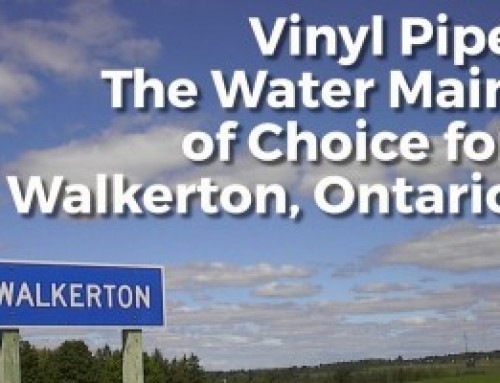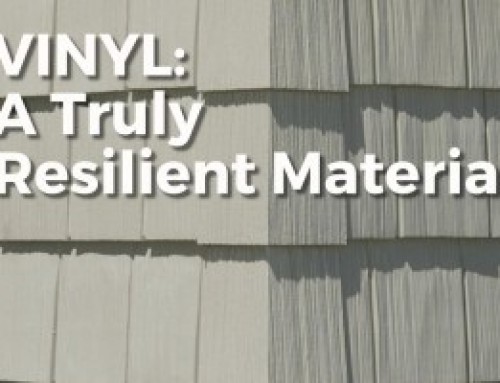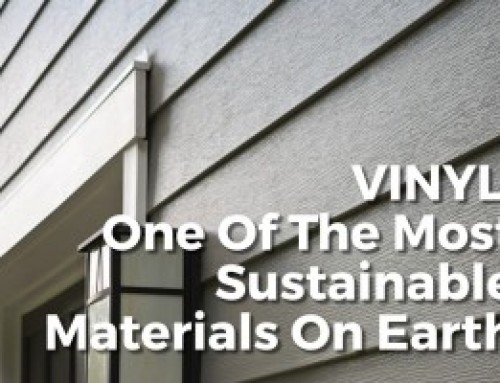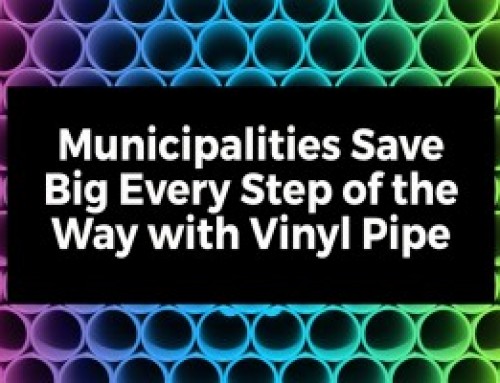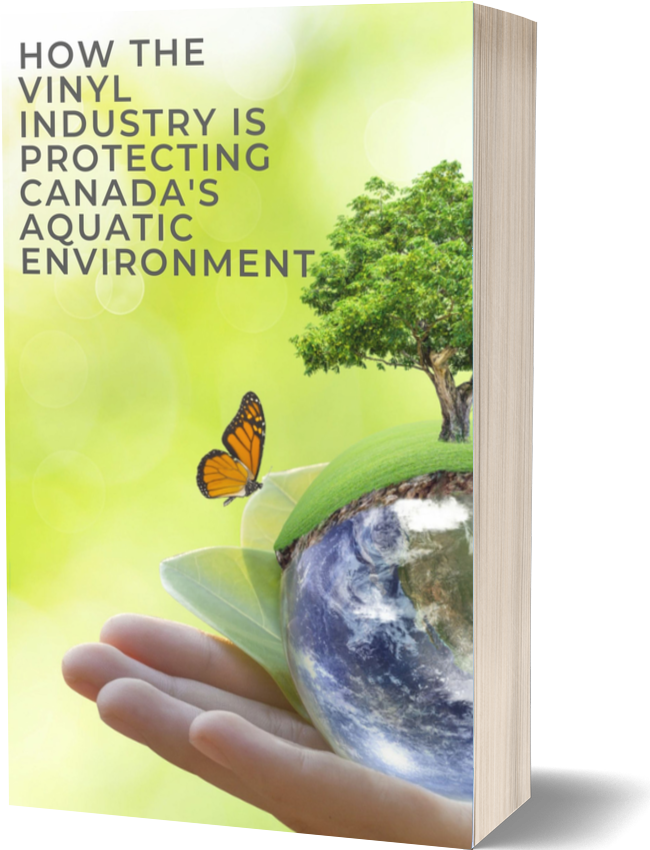At some point over the last few years you’ve probably heard some negative publicity about Vinyl and the environment.
The environmentalists are trying to scare the public into thinking that Vinyl is somehow bad for the environment and we should ban the entire world from manufacturing and using it.
They say it releases toxic chemicals when it’s dumped in landfills and is harmful to aquatic life when it’s dumped in our oceans.
As usual, you only get part of the story when you hear it from the environmentalists.
When you go beyond the environmental jargon and consider all of the information, which by the way is readily available on the internet, you will begin to see a different picture.
The major ingredient in Vinyl, 57% of the base component by mass, is chlorine which is extracted from saltwater.
Once chlorine is processed into Vinyl, it is chemically locked into the product more tightly than it was in salt.
Therefore when Vinyl waste is dumped in a landfill, chlorine gas is simply not released.
In fact, as Vinyl is non-corroding, it doesn’t release any contaminants period.
So when it is dumped in landfills, all it does is just sit there.
The only detriment to the environment would be the precious landfill space the Vinyl waste is taking up.
However any dumping of Vinyl waste in landfills should not even be happening because Vinyl is 100% recyclable.
Fortunately most of the Vinyl waste produced in the world today is recycled, and even more is being recycled each year.
Only a microscopic percentage of all landfill waste nowadays is Vinyl.
One day all Vinyl waste in the world will be recycled, and that day is coming sooner than we think.
From an environmental perspective, Vinyl is beneficial in two ways: 1) it is used as a building and construction material which displaces traditional building materials that come from non-renewable resources, thereby helping to conserve our natural resources, and 2) by being continuously recycled Vinyl never needs to be dumped in landfills, leaving precious landfill space open for non-recyclable and organic waste.
I’ve been asked countless times, “Isn’t Vinyl harmful to the environment because it doesn’t corrode?” My answer is the exact same every time, “The only harm Vinyl may cause is the miniscule space it takes up in landfills that could be used for organic waste, so dumping it in landfills should be avoided for the sake of space.
Eventually this will not be an issue because one day all Vinyl waste produced all over the world will be recycled.
However when your drinking water comes from the pipe buried under your street, would you want that pipe to corrode?
If you ask me, I’d want my water main pipe to stay clean and last forever.
This is what Vinyl offers.”
Interestingly no one has ever said that they want their water main pipes to corrode, so I always end up winning the debate.
As for the dumping of Vinyl in our oceans, there is no doubt that aquatic life is being affected however there are many different materials found in solid waste that are just as harmful to life in our oceans.
Vinyl is only a part of that waste, yet environmentalists seem to focus on it like it’s the only garbage out there.
It’s a tragedy that so much solid waste is swirling around various parts of our oceans, but is the garbage itself to blame?
Did all that waste show up in the oceans on its own? – Absolutely not.
We put it there.
If we really want to tackle this problem we have to realize that it’s not a product issue, it’s a human behaviour issue.
Banning certain products will not solve the problem.
We have to change human behaviour.
We have to prevent that garbage from getting into our oceans to begin with.
So the next time you hear environmentalists trying to scare people about the harm that Vinyl waste is causing to life in our oceans and pushing for a ban on all plastics manufacturing, ask yourself this: Wouldn’t their time be better spent organizing a campaign to clean up the mess in our oceans as opposed to just complaining about it?





